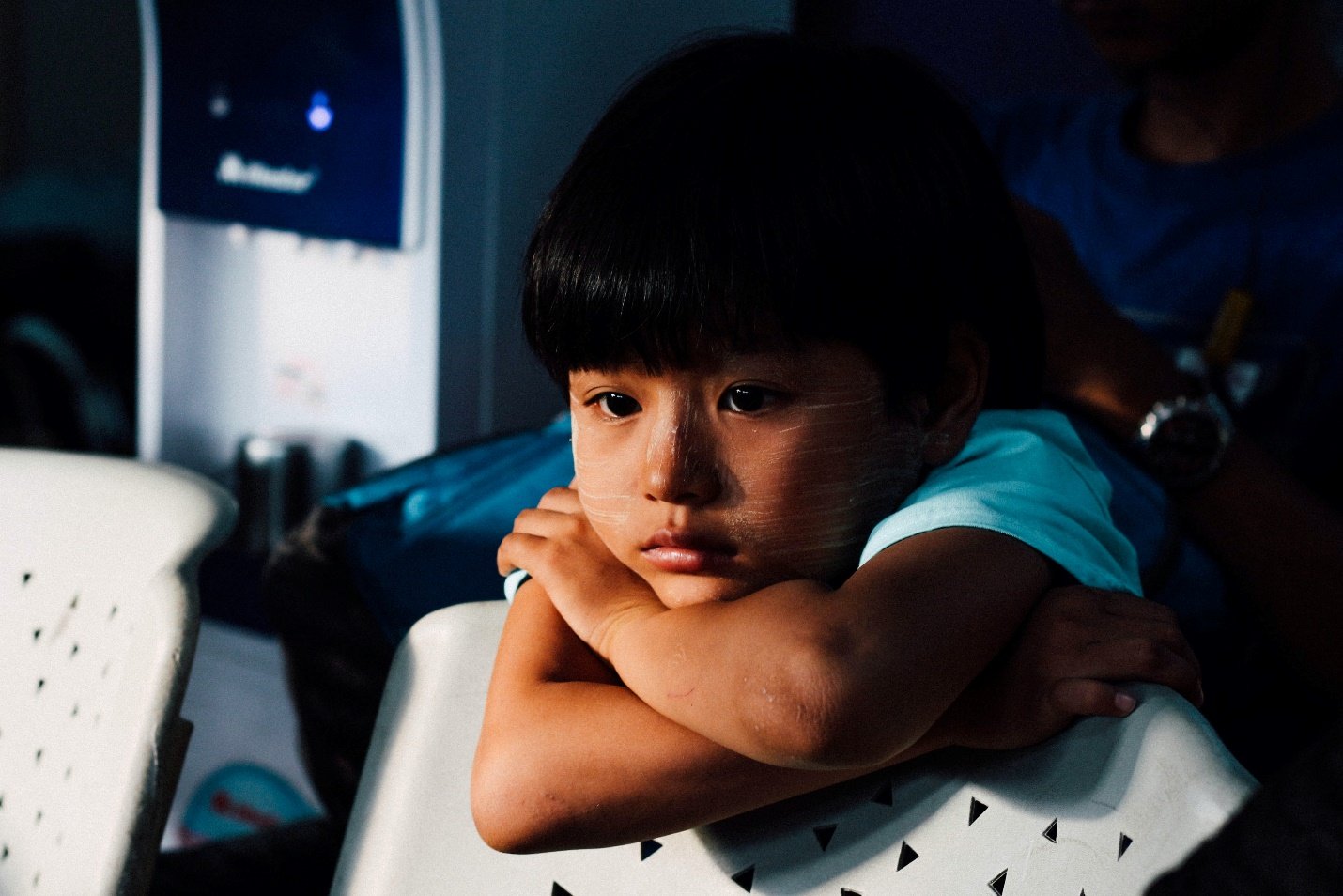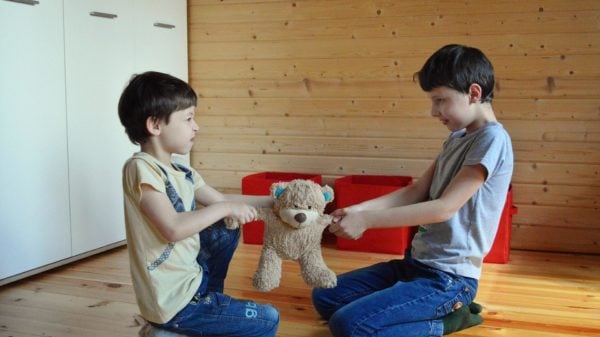If you are a parent or raise a child as a guardian, you must know how parental love feels. Most parents can cross oceans for their children and always go the extra mile to see a smile on their faces. While there is no denying that parents only want the best for their children, some types of parenting behavior can cause psychological problems in their children.
Let’s take a look at what these are.
1. Lack of independence
Some parents practice a helicopter parenting style in which they scrutinize their children’s lives too closely. The child’s life becomes a long list of dos and don’ts, rendering them unable to make any major decision for themselves without making a call to their parents. They grow up with minimal freedom and independence without getting to make their own mistakes and learn from them.
2. Unresolved guilt
When parents constantly tell their children how they gave up on their pleasure and comfort to do something for the child, it puts them under moral pressure. When parents especially bring these topics up at an instance of failure or underperformance on the child’s part – it becomes even more traumatic. Guilt-tripping is never the way to go in any relationship.
3. Extremely low self-esteem
If your child constantly gets to hear phrases like ‘Sara did better on her test’ or ‘why can’t you be good like Jack’ – they are bound to grow up with major self-esteem issues. Comparing your child with someone else, implicitly or directly telling them that they are not good enough, and not appreciating their talents and uniqueness are all sure-shot ways of causing low self-esteem in your child.
4. Harmful addiction
Yes, a toxic parenting style can cause your child to develop harmful addictions. If the message they get from you always revolves around how they are causing problems – they begin to believe that the world would be better off without them. Growing up, they subconsciously look for things that would destroy themselves, be it alcohol, drugs, or extreme sports.
5. Suppression of emotions
Telling your children not to cry or showing them that they are always complaining can lead them to develop emotional suppression. This is a very dangerous trait, as bottling up one’s feelings can eventually result in radical or drastic action. Suppressed emotions also adversely affect a person’s day-to-day functioning.
The Bottom Line
How you treat your children and what parenting style you adopt while upbringing them determines the direction that the rest of their life will take. Therefore, it is extremely important to research the different types of parenting behavior and evaluate your own on a regular basis. You do not want your way of expressing love to become a psychological problem for your child in the future.































































